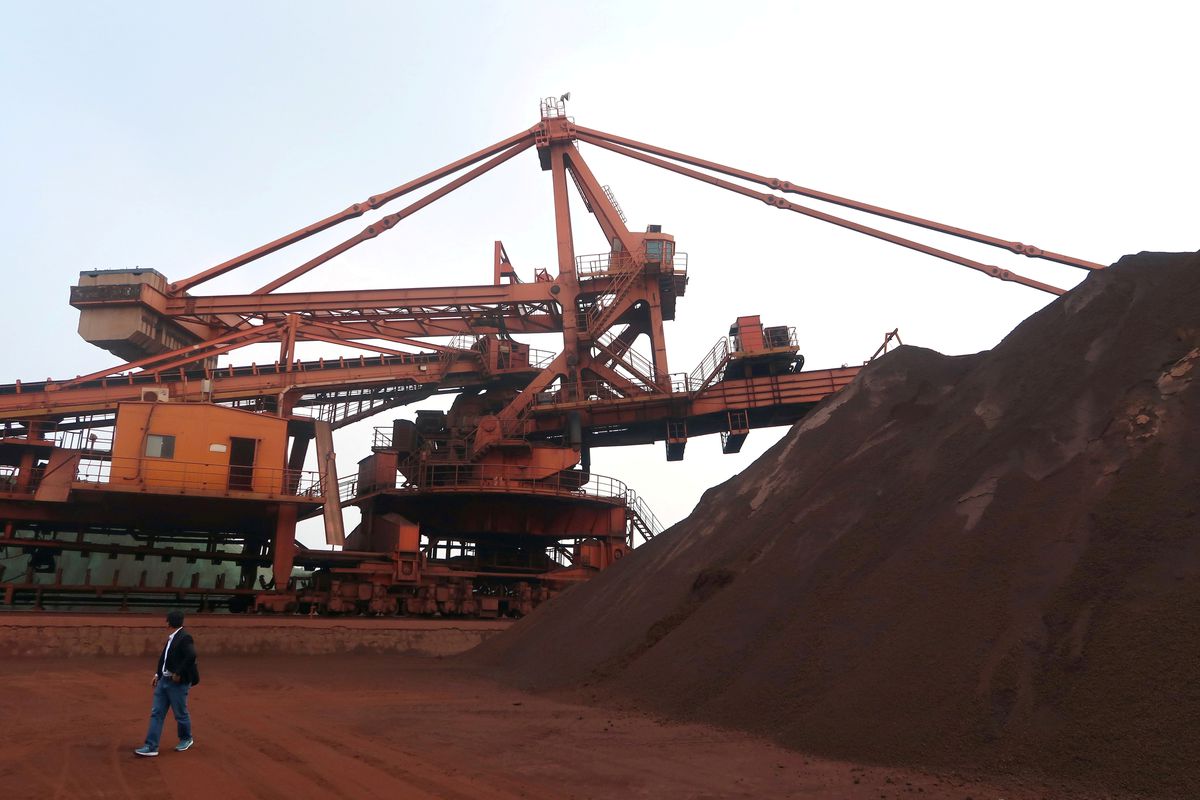
Official statistics released on Wednesday revealed that China’s factory-gate prices climbed more slowly than predicted in December as a result of government initiatives to curb rising raw material prices, indicating that monetary policy could be eased.
The National Bureau of Statistics (NBS) said in a statement that consumer price inflation slowed last month as food costs fell.
According to the report, the producer price index (PPI) increased 10.3 percent over the previous year. According to a Reuters survey, economists predicted the PPI index to grow 11.1 percent after rising 12.9 percent in November.
Factory inflation has slowed in recent months after Beijing intervened to stabilise high raw material costs and ease an energy power shortage, which reached a 26-year high in October.
Inflation at the factory gate is expected to fall further in the coming months, according to Sheana Yue, a China economist at Capital Economics.
“We predict further fall in the price of industrial metals and energy as coal supply improves and property construction slows.”
In December, China’s consumer price index (CPI) increased by 1.5 percent year on year. Following a 2.3 percent increase in November, economists polled by Reuters predicted a 1.8 percent increase.
Food prices declined 1.2 percent year over year, with Yue pointing to a recovery in pork and vegetable supplies following weather-related interruptions in October and November.
In 2021, the CPI increased by 0.9 percent year over year, down from 2.5 percent in 2020.
“With lower inflation, the government can ease monetary policy even more. In our opinion poll, the likelihood of a rate cut is increasing,” in a note, Pinpoint Asset Management’s senior economist, Zhiwei Zhang, said
As the world battles the Omicron coronavirus variant, the world’s largest economy faces a series of headwinds in 2022, including property woes, a slowing manufacturing sector, and COVID-19 outbreaks.
Due to new coronavirus outbreaks in numerous regions, Chinese cities are already recommending residents to stay inside for the Lunar New Year, a high travel period.
- In the face of mounting economic headwinds, China’s central bank has stated that it will maintain monetary policy flexible in 2022 in order to stabilise growth and cut borrowing costs for enterprises.

Post Your Comments